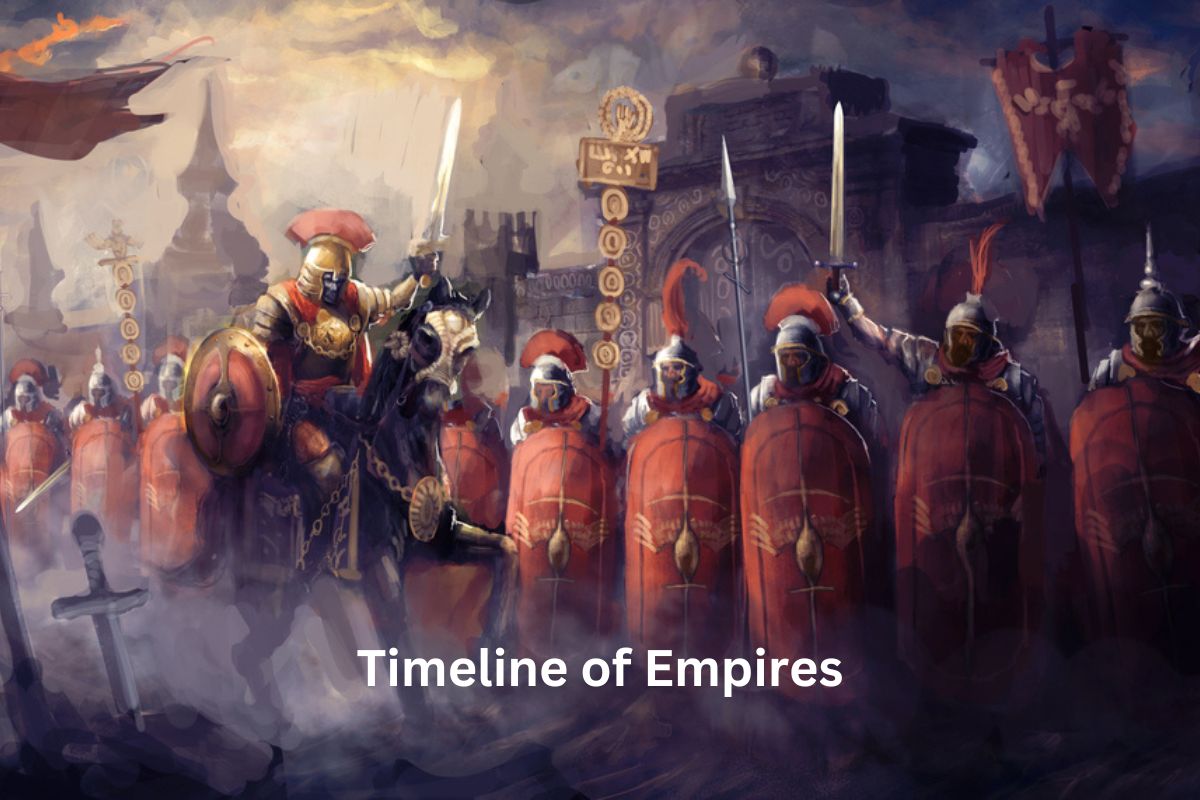Empires are vast and powerful political entities that have played a significant role in shaping human history. Defined by their extensive territorial control, diverse cultures, and centralized authority, empires have arisen across various periods and regions.
They often emerge through conquest, alliances, and expansion, with rulers exercising authority over diverse populations. Empires have left enduring legacies through their contributions to art, architecture, technology, governance, and the exchange of ideas.
Also Read: Best History Podcasts to Listen
While some empires are celebrated for their achievements, others are remembered for their conquests and conflicts. The study of empires provides insights into the complexities of human interaction, cultural exchange, and the dynamics of power throughout the ages.
| Empire | Duration | Key Characteristics |
|---|---|---|
| Akkadian Empire | c. 2334–2154 BCE | Early empire in Mesopotamia, founded by Sargon of Akkad |
| Ancient Egyptian Empire | c. 2686–2181 BCE | Periods of imperial expansion in Egypt |
| Hittite Empire | c. 1600–1178 BCE | Anatolian empire with a strong military |
| Assyrian Empire | c. 24th–7th centuries BCE | Known for brutal military campaigns |
| Persian Empire | c. 550–330 BCE | Achaemenid Empire with expansive rule |
| Macedonian Empire | c. 336–323 BCE | Conquests led by Alexander the Great |
| Roman Empire | c. 27 BCE–476 CE | Vast empire across Europe, Africa, and Asia |
| Maurya Empire | c. 322–185 BCE | Controlled much of the Indian subcontinent |
| Han Dynasty | 206 BCE–220 CE | Golden era in Chinese history |
| Byzantine Empire | c. 330–1453 CE | Eastern Roman Empire with capital in Constantinople |
| Islamic Caliphates | 7th–13th centuries CE | Spread of Islamic rule across regions |
| Mongol Empire | c. 1206–1368 CE | Largest contiguous land empire in history |
| Ottoman Empire | c. 1299–1922 CE | Vast empire across Europe, Asia, and Africa |
| Mughal Empire | c. 1526–1857 CE | Cultural achievements and architectural marvels |
| British Empire | c. 16th–20th centuries CE | Global colonial and imperial influence |
| Russian Empire | c. 16th–20th centuries CE | Largest contiguous empire spanning Europe and Asia |
| Spanish Empire | c. 15th–19th centuries CE | Colonization of the Americas, Asia, and Oceania |
| French Empire | c. 16th–19th centuries CE | Influence across Europe, the Americas, Africa, and Asia |
| Japanese Empire | late 19th–20th centuries CE | Expansion through industrialization and militarization |
| Soviet Union | 1922–1991 | Superpower controlling Eastern Europe and parts of Asia |
| United States | 20th–21st centuries CE | Global influence through political and economic power |
World Empires Timeline
Akkadian Empire (c. 2334–2154 BCE)
The Akkadian Empire, established by Sargon of Akkad, is one of the earliest known empires in history. Situated in Mesopotamia (modern-day Iraq), Sargon united various city-states under a centralized rule.
Also Read: Timeline Of Eras
The empire’s administrative innovations and cultural influence laid the foundation for future empires in the region.
Ancient Egyptian Empire (c. 2686–2181 BCE)
Ancient Egypt saw the rise of several empires throughout its history, including the Old Kingdom, Middle Kingdom, and New Kingdom.
The Old Kingdom is renowned for constructing the iconic pyramids, while the Middle Kingdom focused on expanding infrastructure and trade.
The New Kingdom reached its peak with pharaohs like Ramses II, who expanded Egyptian influence through military campaigns.
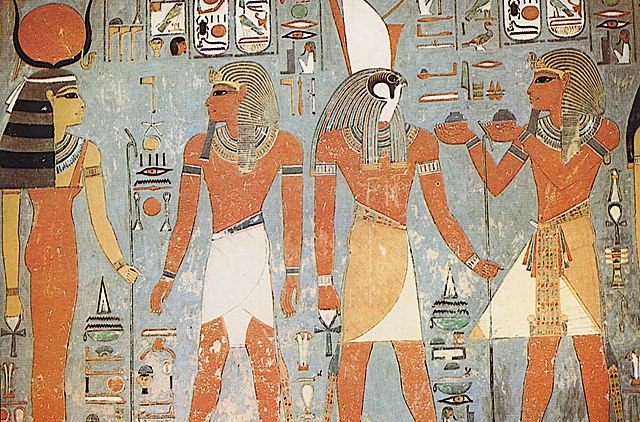
Hittite Empire (c. 1600–1178 BCE)
Located in Anatolia (modern-day Turkey), the Hittite Empire was known for its military prowess and innovative technologies such as iron weaponry and chariots.
The empire’s influence extended across the region, and it engaged in diplomatic relations and trade with neighboring powers.
Assyrian Empire (c. 24th–7th centuries BCE)
The Assyrian Empire, centered in Mesopotamia, is notable for its aggressive military expansion and brutal campaigns. Employing advanced siege warfare techniques and organized administration, the empire expanded its borders and exerted control over vast territories.
Persian Empire (c. 550–330 BCE)
The Persian Empire, also known as the Achaemenid Empire, emerged under the leadership of Cyrus the Great. Spanning three continents, the empire embraced diversity and practiced religious tolerance.
It established a network of administrative provinces and the famous Royal Road, facilitating communication and trade within the empire.
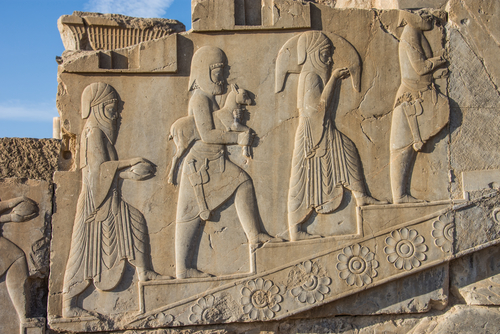
Macedonian Empire (c. 336–323 BCE)
Under the leadership of Alexander the Great, the Macedonian Empire became one of history’s most significant empires. Alexander’s military campaigns extended the empire’s reach from Greece to as far as India, creating a vast Hellenistic cultural sphere.
His conquests left a lasting impact on the regions he touched, promoting the spread of Greek culture, language, and ideas.
Roman Empire (c. 27 BCE–476 CE)
The Roman Empire is one of the most iconic empires in history. Its expansion started from the Roman Republic, and it grew to encompass vast territories across Europe, North Africa, and the Middle East.
The empire’s achievements include innovations in governance, engineering, and law, as well as the spread of Latin and Roman culture.
Maurya Empire (c. 322–185 BCE)
The Maurya Empire, founded by Chandragupta Maurya, emerged in ancient India. It covered much of the Indian subcontinent and established a centralized administration.
The emperor Ashoka, known for his conversion to Buddhism and promotion of nonviolence, left a lasting legacy in Indian history.
Han Dynasty (206 BCE–220 CE)
The Han Dynasty is considered a golden era in Chinese history. It saw significant advancements in governance, technology, and culture. The Silk Road trade route flourished, connecting China with the rest of the known world. The Han Dynasty is credited with establishing the foundation of classical Chinese culture.
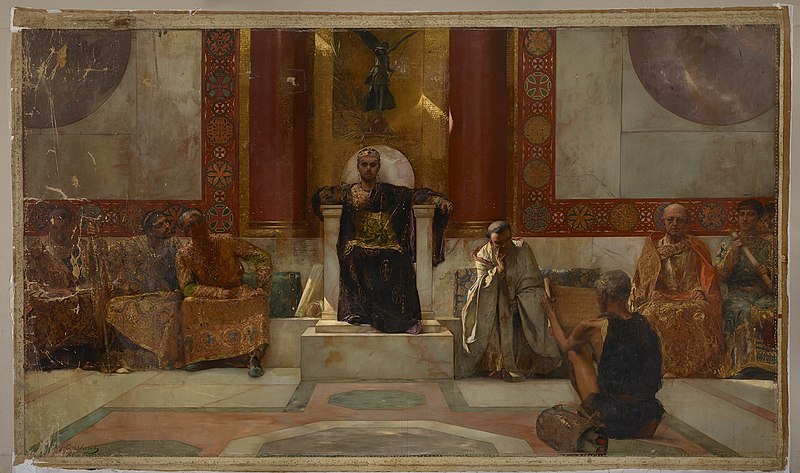
Byzantine Empire (c. 330–1453 CE)
Originating from the Eastern Roman Empire, the Byzantine Empire centered around Constantinople (modern-day Istanbul). It continued the Roman legacy, preserving Roman law and governance while developing its own unique culture and religion.
The empire’s longevity, intricate bureaucracy, and influence on Christianity left a profound impact on history.
Islamic Caliphates (7th–13th centuries CE)
Following the death of the Prophet Muhammad, the Islamic Caliphates expanded across the Middle East, North Africa, and parts of Europe and Asia.
The Rashidun, Umayyad, Abbasid, and other caliphates played pivotal roles in spreading Islam, preserving knowledge, and advancing scientific and cultural achievements.
Mongol Empire (c. 1206–1368 CE)
Under the leadership of Genghis Khan and his successors, the Mongol Empire became the largest contiguous land empire in history.
Known for their skilled horsemanship and military strategies, the Mongols conquered vast territories spanning from Asia to Eastern Europe.
Despite their fearsome reputation, the empire facilitated cross-cultural exchanges along the Silk Road and contributed to the diffusion of ideas and technologies.
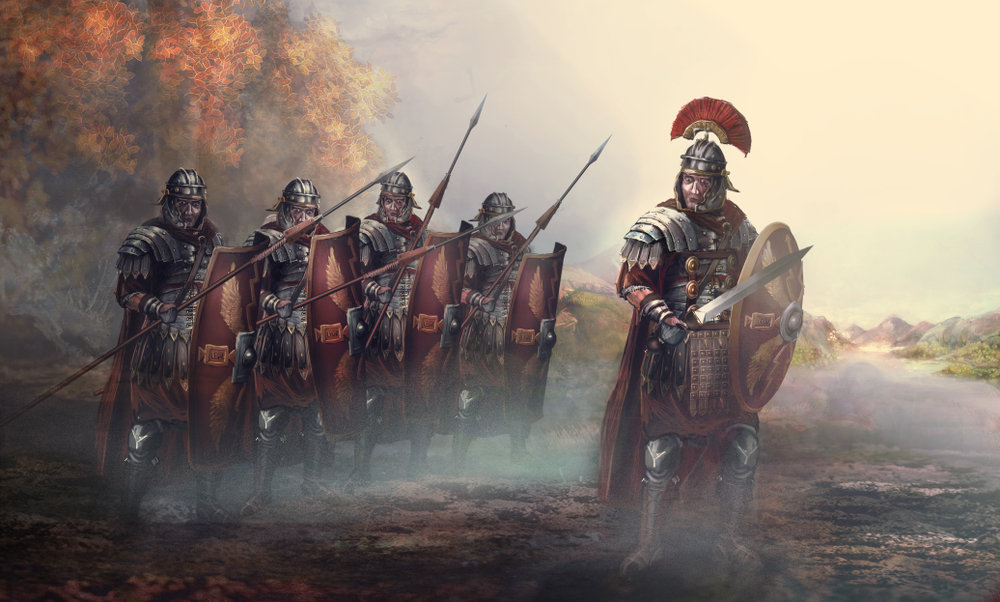
Ottoman Empire (c. 1299–1922 CE)
Emerging from Anatolia, the Ottoman Empire expanded to control large parts of southeastern Europe, the Middle East, and North Africa.
Known for its military strength and strategic use of alliances, the empire thrived for centuries. It had a significant impact on Islamic culture, architecture, and administration, especially during the reign of Suleiman the Magnificent.
Mughal Empire (c. 1526–1857 CE)
Founded by Babur, the Mughal Empire established itself in the Indian subcontinent. The empire reached its zenith under Akbar, who practiced religious tolerance and promoted cultural exchange.
The Mughals are known for their magnificent architecture, including the Taj Mahal. British colonization eventually led to the decline of the empire.
British Empire (c. 16th–20th centuries CE)
The British Empire, spanning continents, arose from exploration, colonization, and trade. It became the largest empire in history, with colonies and territories across Asia, Africa, the Americas, and the Pacific.
The empire had a profound impact on global trade, language, culture, and governance, but it also stirred resistance movements and nationalist sentiments.
Russian Empire (c. 16th–20th centuries CE)
Originating from the principality of Moscow, the Russian Empire expanded across Eastern Europe and Asia. It became the largest contiguous empire in history, characterized by its autocratic rule, Orthodox Christianity, and vast ethnic diversity.
Peter the Great’s modernization efforts and Catherine the Great’s territorial expansion are notable chapters in its history.
Spanish Empire (c. 15th–19th centuries CE)
The Spanish Empire emerged from exploration and colonization, particularly in the Americas. Conquistadors like Hernán Cortés and Francisco Pizarro played key roles in the empire’s expansion.
Spain’s conquests led to the exchange of goods, cultures, and diseases between the Old World and the New World, with significant historical consequences.
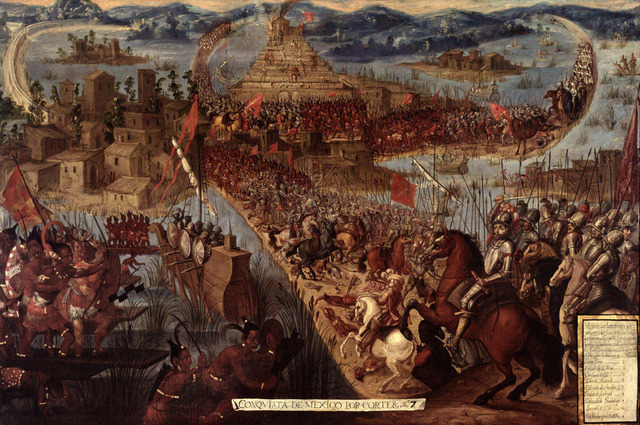
French Empire (c. 16th–19th centuries CE)
The French Empire expanded its influence across Europe, the Americas, Africa, and Asia. Led by Napoleon Bonaparte, the empire saw military conquests, the spread of revolutionary ideals, and the development of the Napoleonic Code. The empire’s legacy includes contributions to art, culture, and governance.
Japanese Empire (late 19th–20th centuries CE)
During the Meiji Restoration, Japan underwent rapid modernization and opened itself to the world. The Japanese Empire expanded its influence in East Asia, engaging in conflicts like the Sino-Japanese and Russo-Japanese Wars.
Imperial Japan’s ambitions culminated in its involvement in World War II, leading to significant geopolitical changes.
Soviet Union (1922–1991)
Emerging from the Russian Revolution, the Soviet Union (USSR) became a superpower and a rival to the United States during the Cold War.
The USSR’s communist ideology, planned economy, and totalitarian rule significantly impacted the 20th century. The empire collapsed in 1991, leading to the formation of independent states.
United States (20th–21st centuries CE)
While not a traditional empire, the United States has exerted significant global influence through its political, economic, and military power.
After World War II, the US and the Soviet Union engaged in the Cold War, shaping international relations. The US played a pivotal role in globalization, technological advancements, and international conflicts.
